
New report highlights the plastic pollution problem in the Great Lakes
The Alliance for the Great Lakes released a new report that found a majority of litter collected was partially or fully comprised of plastic.
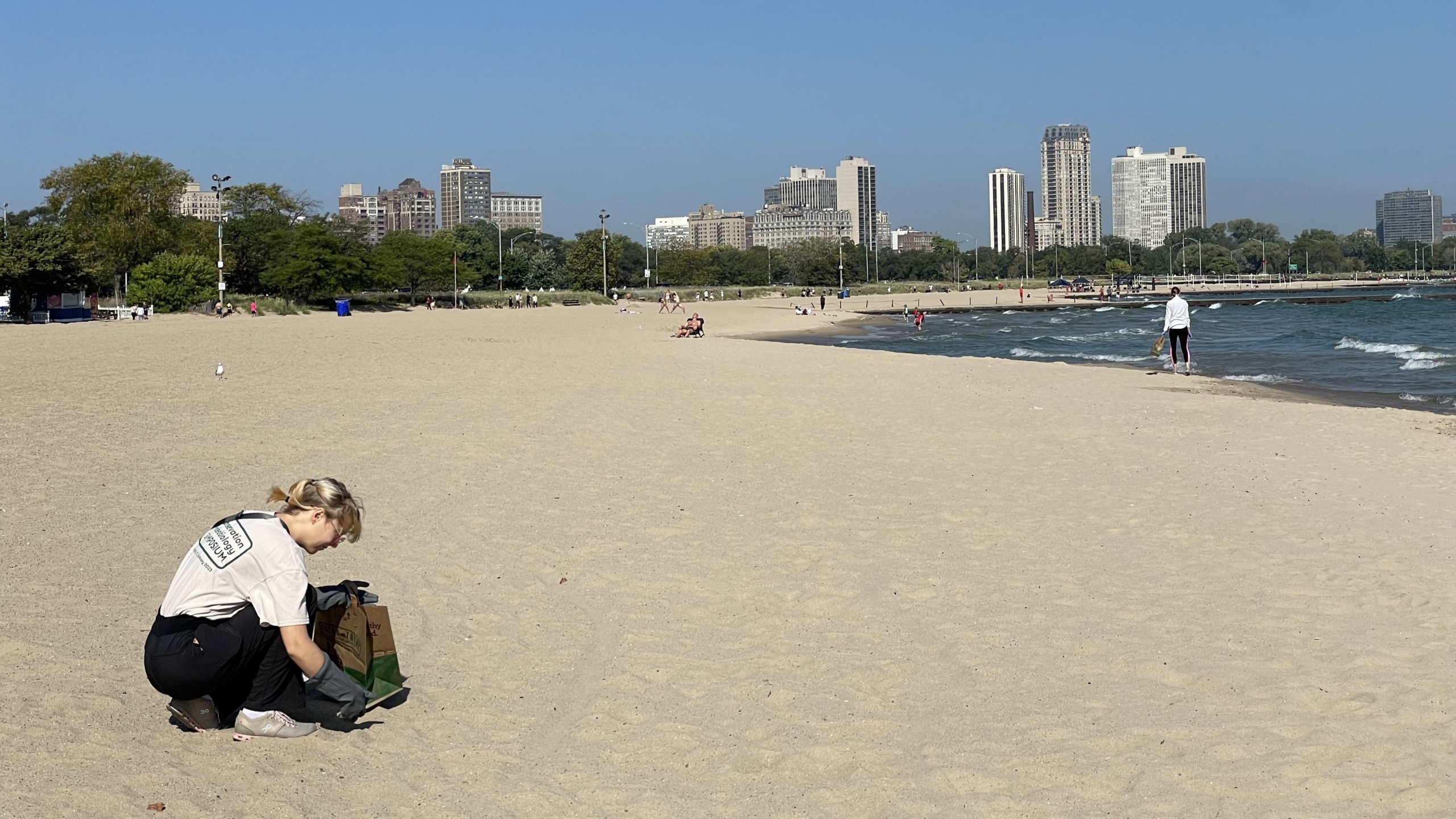
Picture a beautiful day at the lake. The sun is shining and the waves gently lap against the shore carrying… plastic? The Alliance for the Great Lakes released a new citizen science report that used 20 years of data collected by Adopt-a-Beach volunteers on all five Great Lakes. They found that 86 percent of litter collected on Great Lakes beaches is composed either partially or fully of plastic. In natural environments, this plastic never fully goes away. Instead, it breaks down into microplastics that can contaminate our waterways.
The Great Lakes serve as a source of drinking water for 40 million people as well as supporting recreation activities, sustaining a fishing industry and providing habitat for wildlife. Every year, around 22 million pounds of plastic pollute the Great Lakes, with over half of this waste entering Lake Michigan. This plastic poses a threat to clean water and to birds, fish and other wildlife that can mistake it for food.
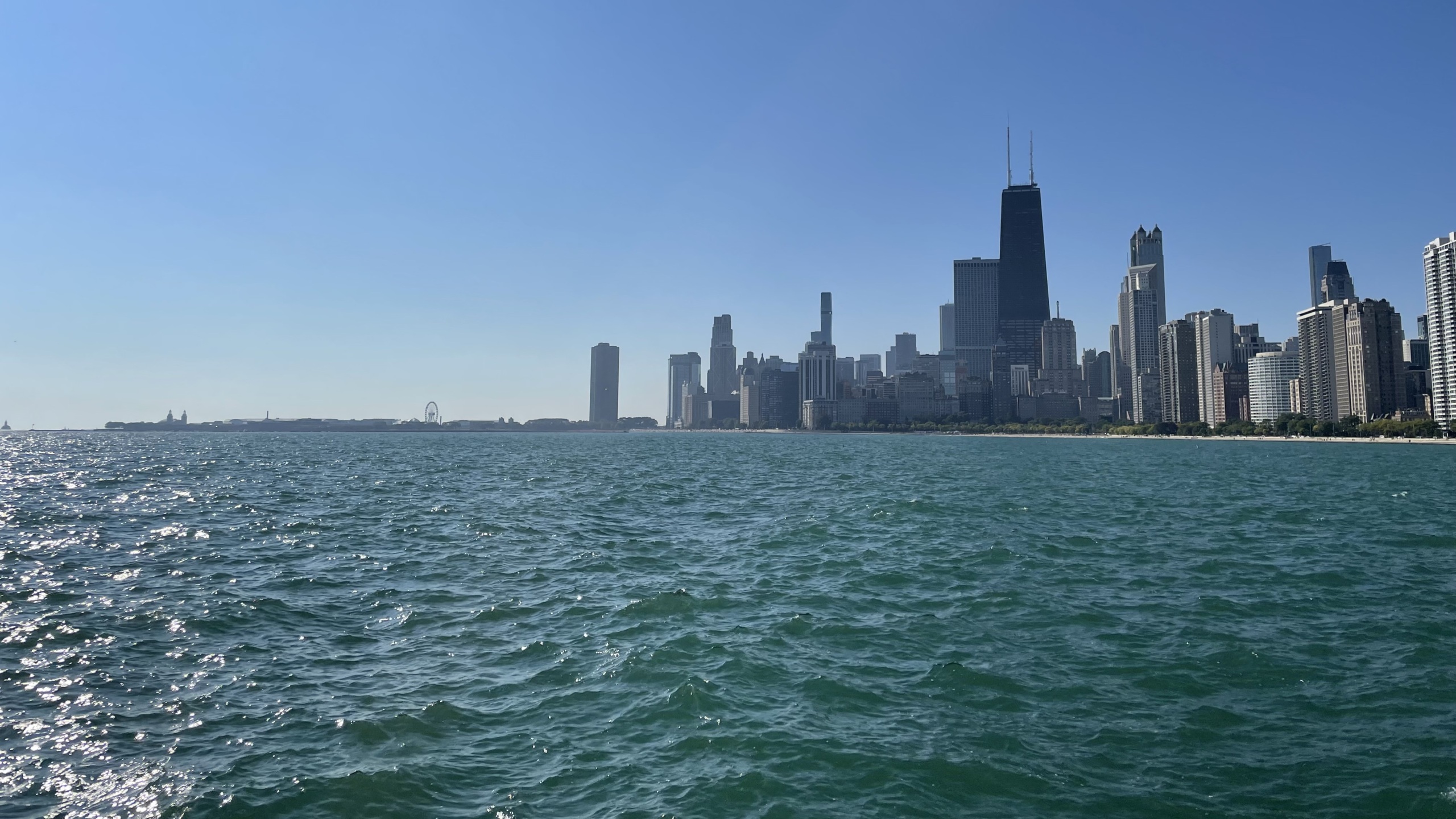
We can stop plastic waste before it becomes pollution
It’s not just up to individuals to take responsibility for their personal litter. Environment Illinois and the Alliance for the Great Lakes are calling on lawmakers to hold producers accountable across the entire life cycle of their products and packaging. We’re also working together to pass policies that get rid of some of the worst types of single-use plastic items that contribute to the flood of plastic pollution in our lakes.
86%of litter collected on Great Lakes beaches is composed partially or fully of plastic
Too much of the plastic waste we produce is from things we don’t need: like plastic grocery bags and single-use plastic foam cups and take-out containers. These types of plastic items are unnecessary and don’t belong in 2024.
This summer, Environment Illinois will be knocking on doors to show state legislators that there is public support for reducing plastic pollution by passing a ban on foam takeout cups and containers. You will also see us on the beaches of Lake Michigan with our friends from the Alliance for the Great Lakes and others, spending a day at the lake cleaning up its shores.
Topics
Authors
Emily Kowalski
Outreach & Engagement Manager, Environment Illinois
Emily manages the marketing and public engagement strategy for Environment Illinois's campaigns, including our campaign to protect the Great Lakes from plastic pollution. Emily lives in Chicago where she enjoys knitting and biking.
Find Out More
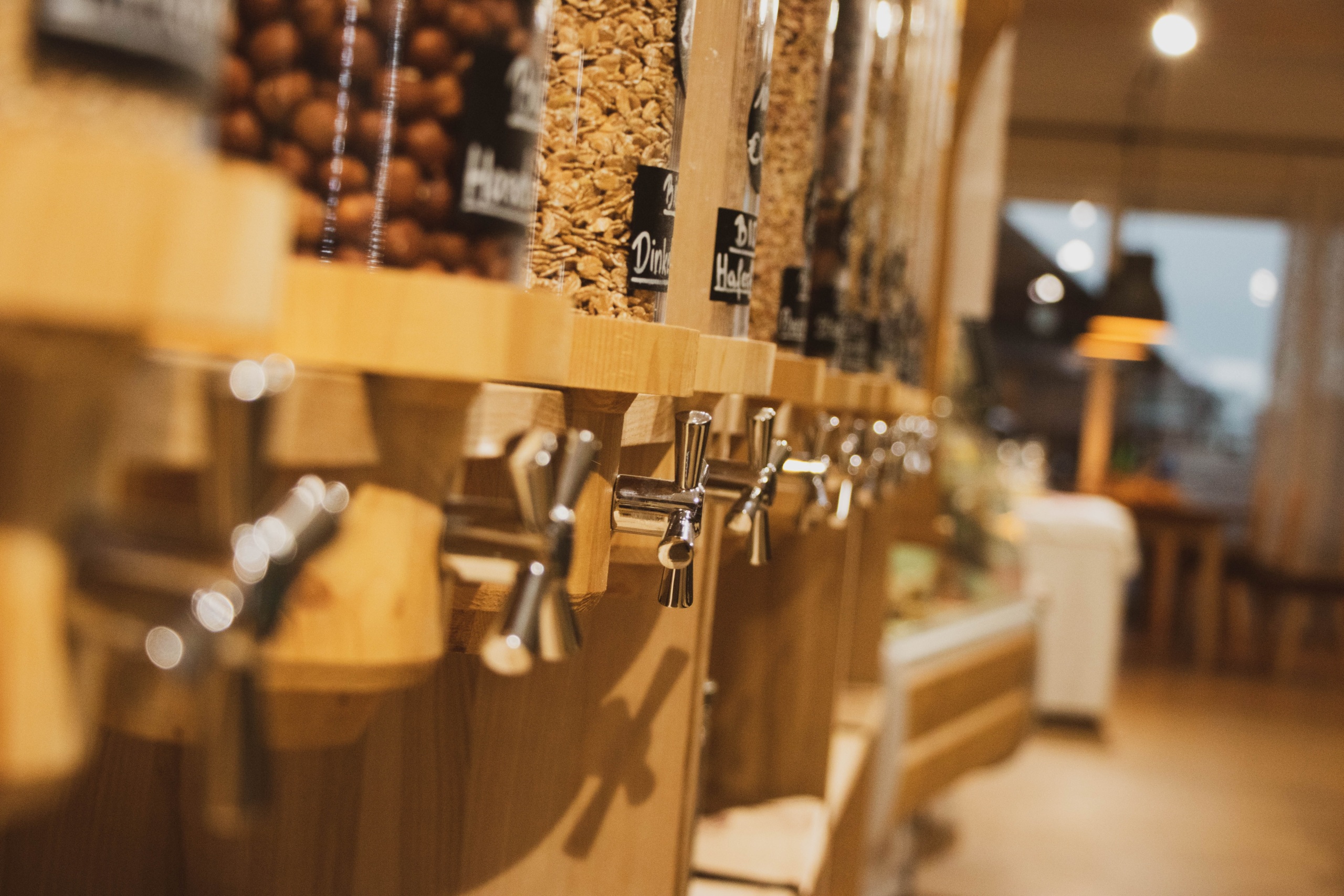
Ditch plastic packaging: Shop at your local refillery
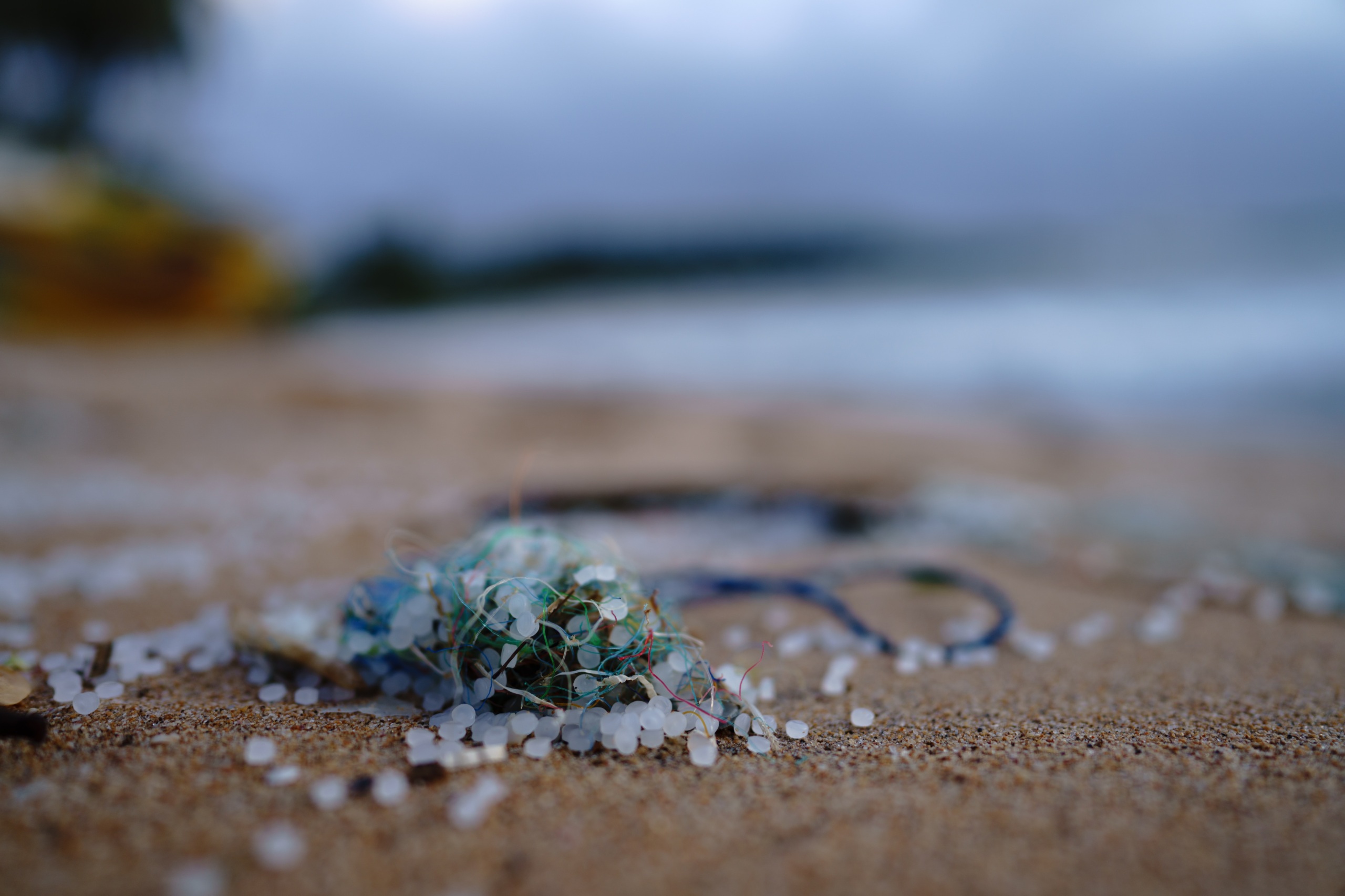
Millions of tiny plastic pellets are being dumped into our waterways
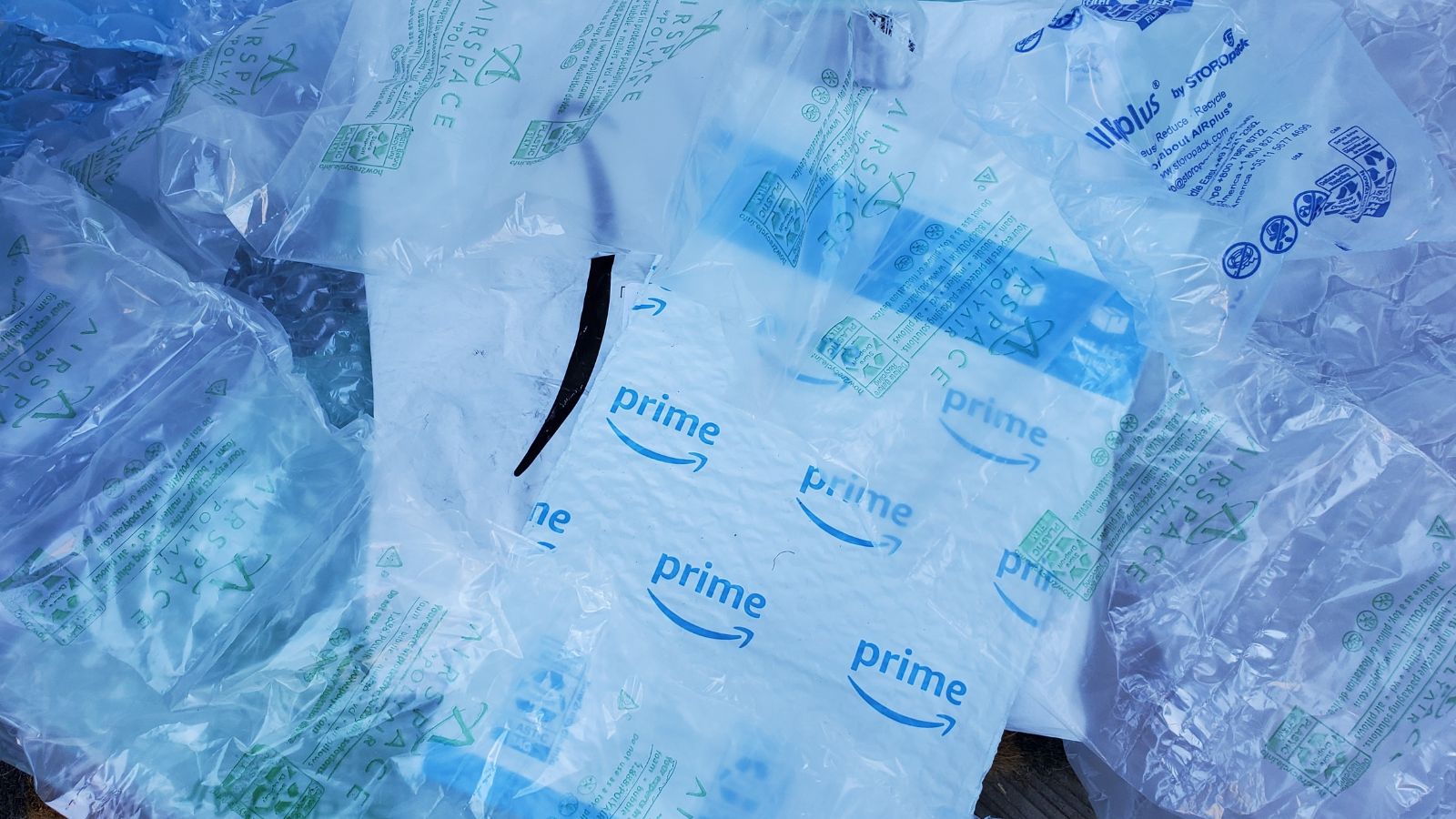
Turning plastic waste into plastic lumber isn’t recycling


